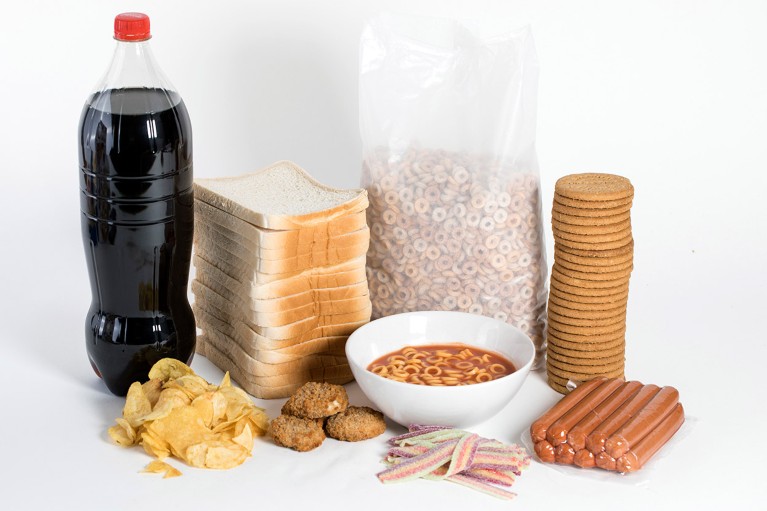
Diets rich in industrially manufactured food have been associated with several health conditions.
Credit: Dan Kitwood/Getty
Unveiling Your Diet: How Much **Ultra-Processed Food** Are You Consuming?
Have you ever wondered what lies beneath the surface of your meals? A **groundbreaking study** published in PLOS Medicine reveals that the secret to understanding your diet might just be in your blood and urine. Yes, you read that right! Researchers have discovered that these bodily fluids can provide a **clear picture** of how much **ultra-processed food** we consume, offering an objective method to track our eating habits and their potential links to diseases such as diabetes and cancer.
The **Ultra-Processed Food** Dilemma
But what exactly do we mean by **ultra-processed foods**? These are industrially manufactured items that often come packed with ingredients, including additives and emulsifiers, not typically found in your home-cooked meals. From **sugary yogurts** to **ready-made breads** and **snack packs**, the range is broader than you might think. According to study co-author **Erikka Loftfield**, an epidemiologist at the U.S. National Cancer Institute, these foods are everywhere!
The Hidden Risks
Several studies have shown a correlation between **high consumption** of ultra-processed foods and an increased risk of serious health conditions like **obesity**, **cardiovascular diseases**, and even specific types of **cancer**. Unfortunately, traditional methods of gathering dietary information often rely on individuals’ memories, which can be unreliable. This new approach could change the game.
The Science Behind the Study
Loftfield and her research team took a closer look at **1,000 metabolites**—substances produced by the body as it metabolizes food. This study, featuring samples from **718 healthy participants** aged 50 to 74, sheds light on how a person’s diet correlates with these metabolites. Participants recorded everything they consumed over a year, allowing researchers to assign a score to their **ultra-processed food intake.**
Results that Speak Volumes
What did they find? On average, ultra-processed foods accounted for a staggering **50%** of participants’ energy intake. Variability was notable, with consumption ranging from **12% to 82%**. Those indulging heavily in ultra-processed foods typically drew more of their energy from sugars and saturated fats while receiving less nutrients, such as proteins and fiber, compared to those who opted for healthier choices.
Metabolites and Health Risks
The analysis of blood and urine samples revealed alarming insights. Individuals with high ultra-processed food consumption had more metabolites associated with an increased risk of **type-2 diabetes**. Moreover, some urine samples contained a molecule produced by certain food packaging materials. These samples also exhibited fewer metabolites derived from **fresh fruits and vegetables**, a core aspect of a balanced diet.
The Future of Diet Assessment
As we move towards understanding the complex relationship between food and health, this study highlights the **importance** of accurate dietary assessments. According to **Oliver Robinson**, a molecular epidemiologist at Imperial College London, traditional methods are fraught with measurement errors, making this new approach crucial.
Takeaway: What Can You Do?
So, how do you stack up against the findings? Are ultra-processed foods a significant part of your diet? With this newfound knowledge, consider re-evaluating your meal choices. Opt for **whole foods** whenever possible, and remember: every small change can make a big difference in your health.
For further insights into the impact of ultra-processed foods on your health, read more about nutrition and wellness here.





